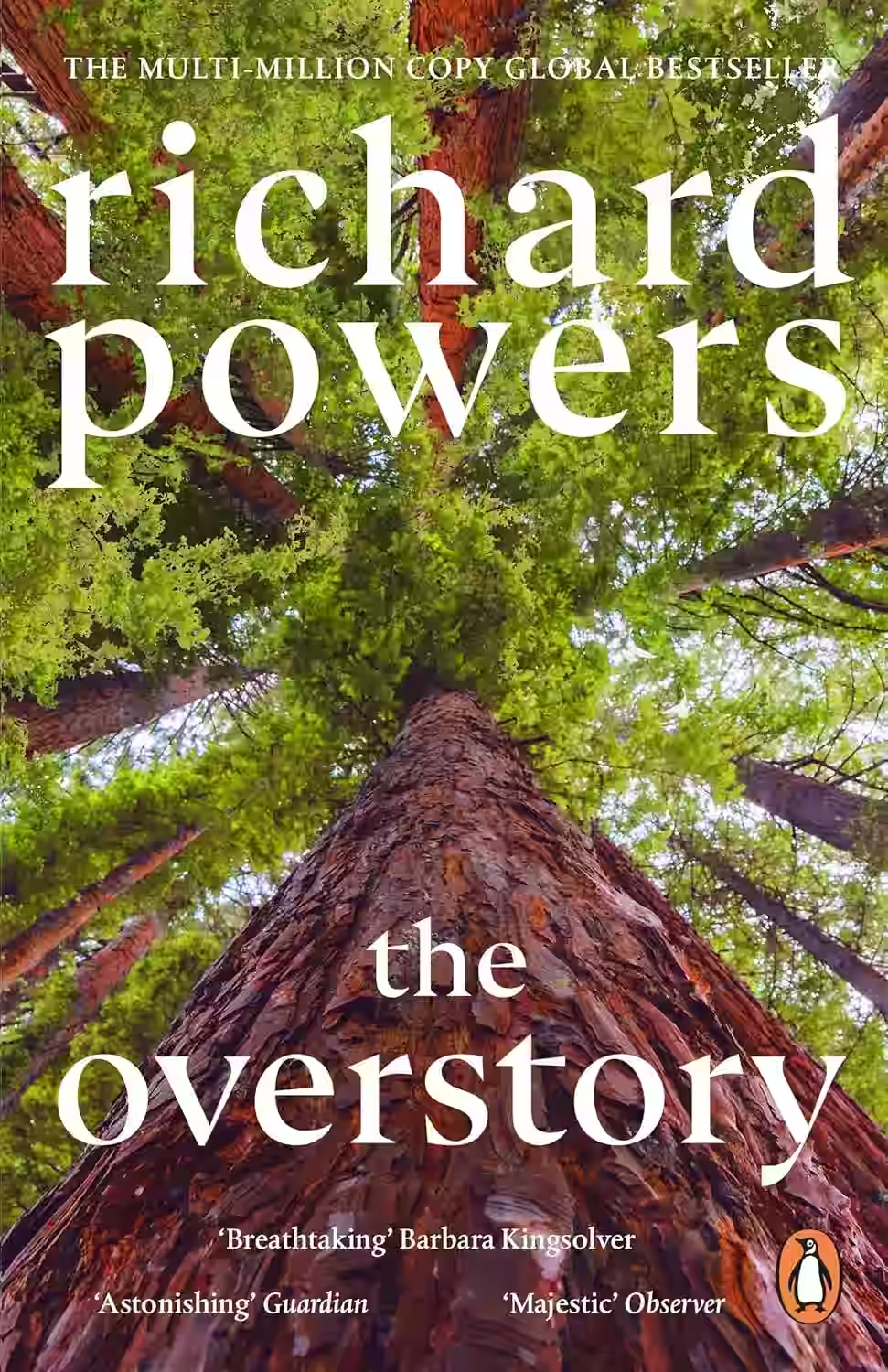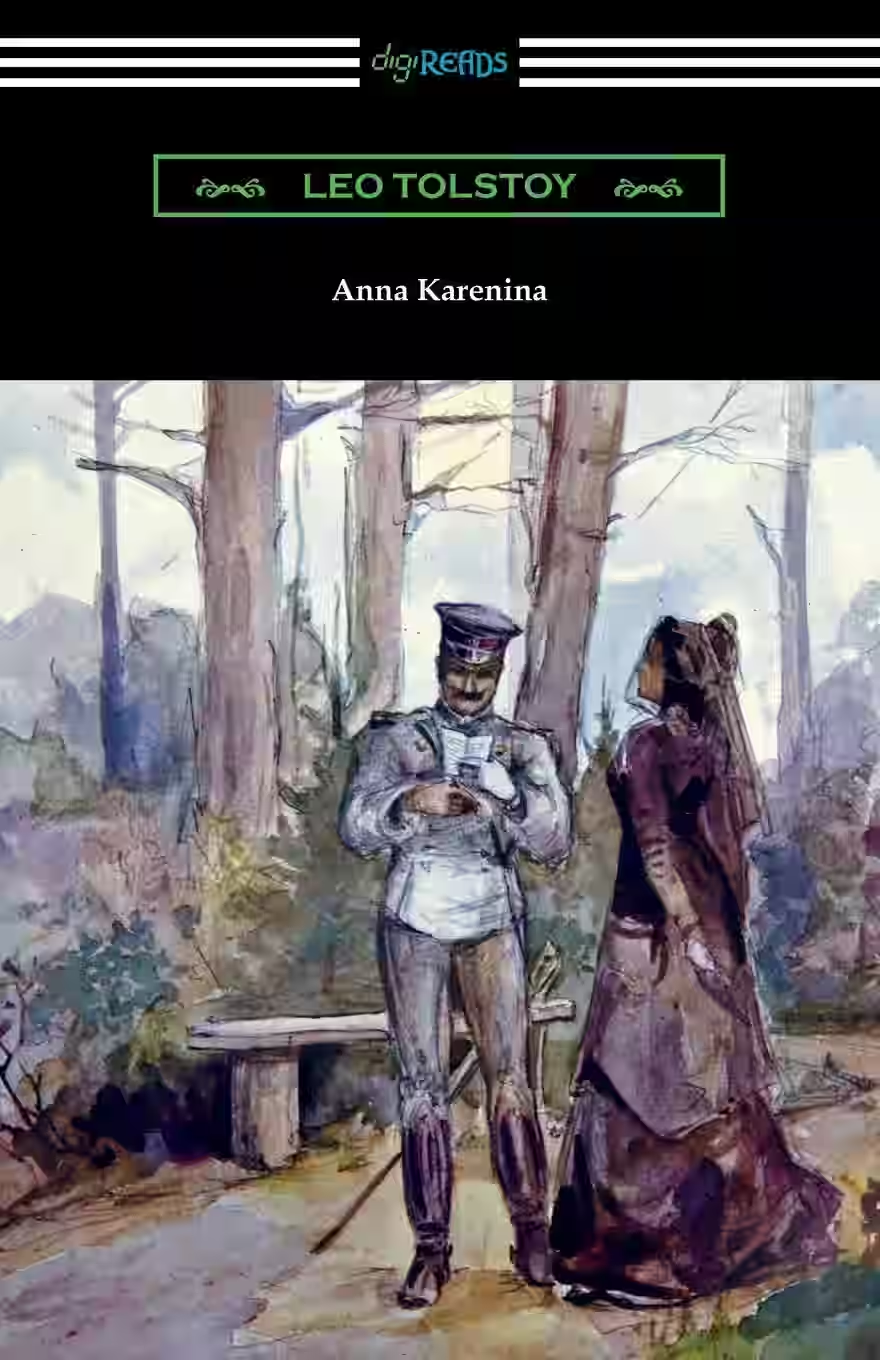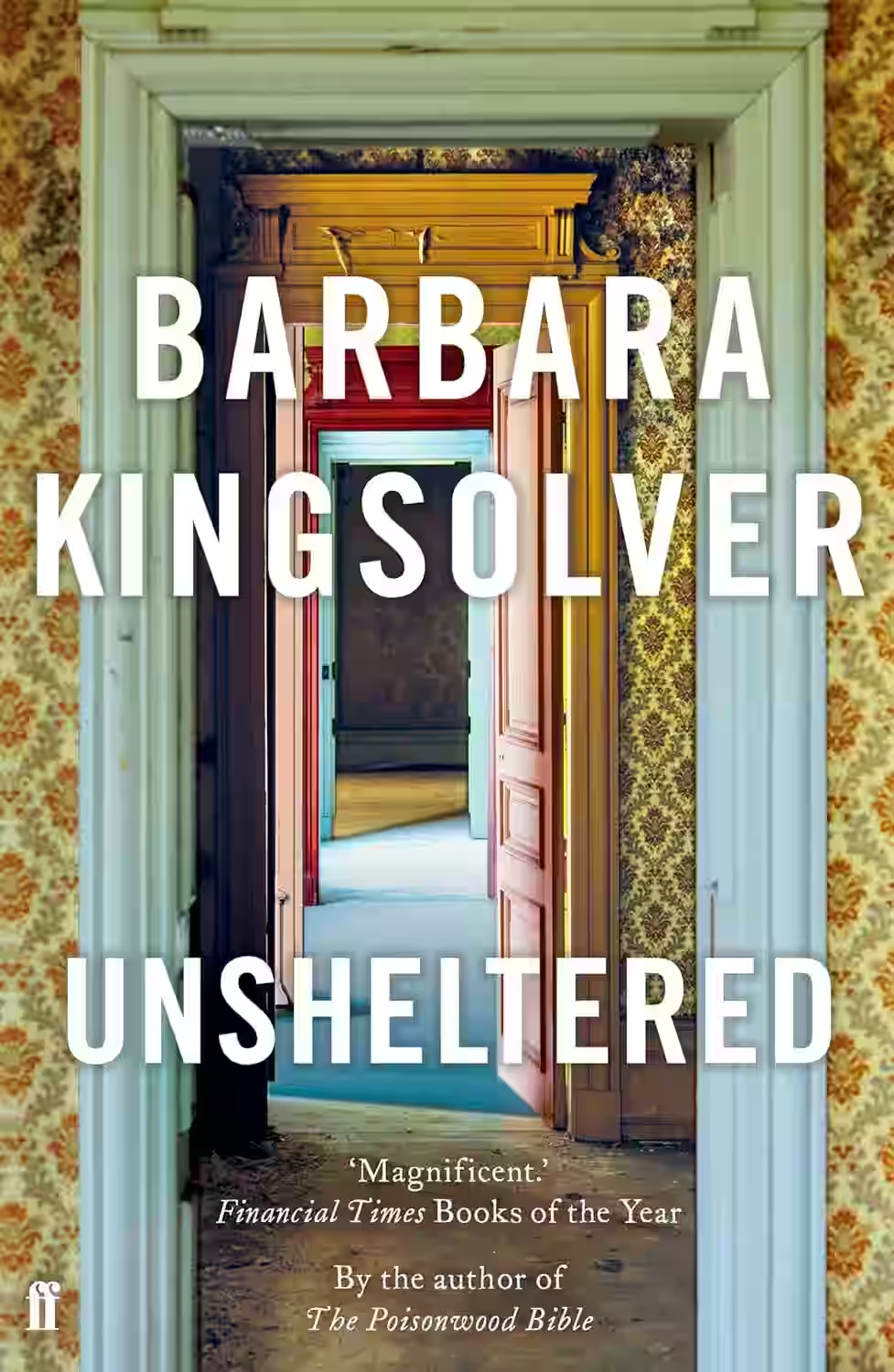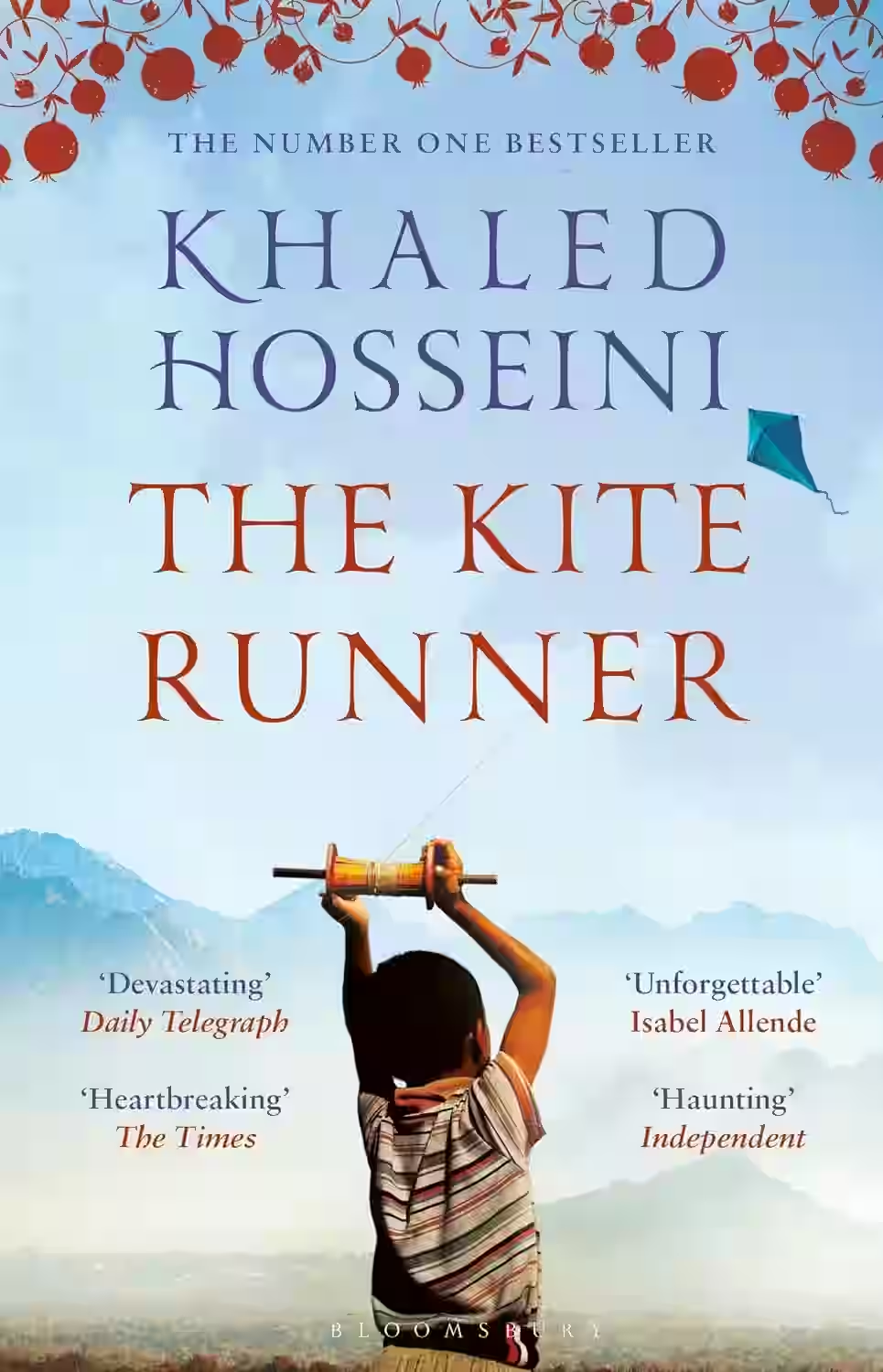
Winner of the Pulitzer Prize, The Overstory is a sweeping, ambitious novel about the interconnectedness of humans and the natural world. Richard Powers weaves together the stories of nine characters whose lives are all deeply affected by trees—biologically, emotionally, or spiritually. As their narratives converge, the novel evolves into a powerful environmental fable about resistance, interdependence, and ecological awareness. Lushly written and expansive in scope, The Overstory challenges readers to reconsider humanity’s place within nature. It is a novel of ideas, rooted in science and awe, that celebrates the silent, enduring presence of the living world around us.
About Richard Powers
Richard Powers is an American novelist celebrated for his intellectually rich and emotionally resonant fiction, often exploring the intersection of science, technology, and humanity. He has written more than a dozen novels, including The Gold Bug Variations, Galatea 2.2, and The Echo Maker. The Overstory, his Pulitzer Prize–winning novel, brought environmental themes and the secret life of trees to the forefront of literary fiction. Powers’s work is known for its depth, structural innovation, and engagement with big ideas. He has received numerous awards and fellowships, and his writing continues to challenge readers to consider the interconnectedness of life and knowledge.
Similar Books

Anna Karenina
by Leo Tolstoy
Acclaimed by many as the world's greatest novel, Anna Karenina provides a vast panorama of contemporary life in Russia and of humanity in general. In it Tolstoy uses his intense imaginative insight to create some of the most memorable characters in all of literature. Anna is a sophisticated woman who abandons her empty existence as the wife of Karenin and turns to Count Vronsky to fulfil her passionate nature - with tragic consequences. Levin is a reflection of Tolstoy himself, often expressing the author's own views and convictions.

Unsheltered
Barbara Kingsolver’s 'Unsheltered' weaves a compelling narrative that delves into the volatility and uncertainty of human existence through a dual timeframe approach. Set in the same New Jersey house in the 19th century and the present day, the story follows two families grappling with socio-economic upheavals, challenging relationships, and evolving societal values. Kingsolver expertly intertwines historical and contemporary anxieties, exploring themes of resilience, adaptation, and what it means to live without a firm foundation. The novel's insightful parallel between climate change and societal change invites readers to reflect deeply on their own worlds. Kingsolver's crisp, vivid prose and meticulous character development create an immersive experience, making 'Unsheltered' both thought-provoking and emotionally resonant.

The Kite Runner
This powerful story follows two childhood friends in Kabul and spans multiple decades of Afghan history. After witnessing a terrible event, their lives take dramatically different paths until a chance for redemption presents itself years later. Through personal drama and historical upheaval, the novel explores themes of loyalty, betrayal, and the possibility of atonement.

The Jungle
A harrowing expose of the American meatpacking industry in the early 20th century, The Jungle follows immigrant worker Jurgis Rudkus as he endures exploitation, poverty, and tragedy. Intended to highlight workers’ rights, it shocked readers with its depiction of unsanitary conditions, leading to major food safety reforms. Sinclair’s powerful, muckraking novel remains a classic of social criticism and a landmark in investigative literature.